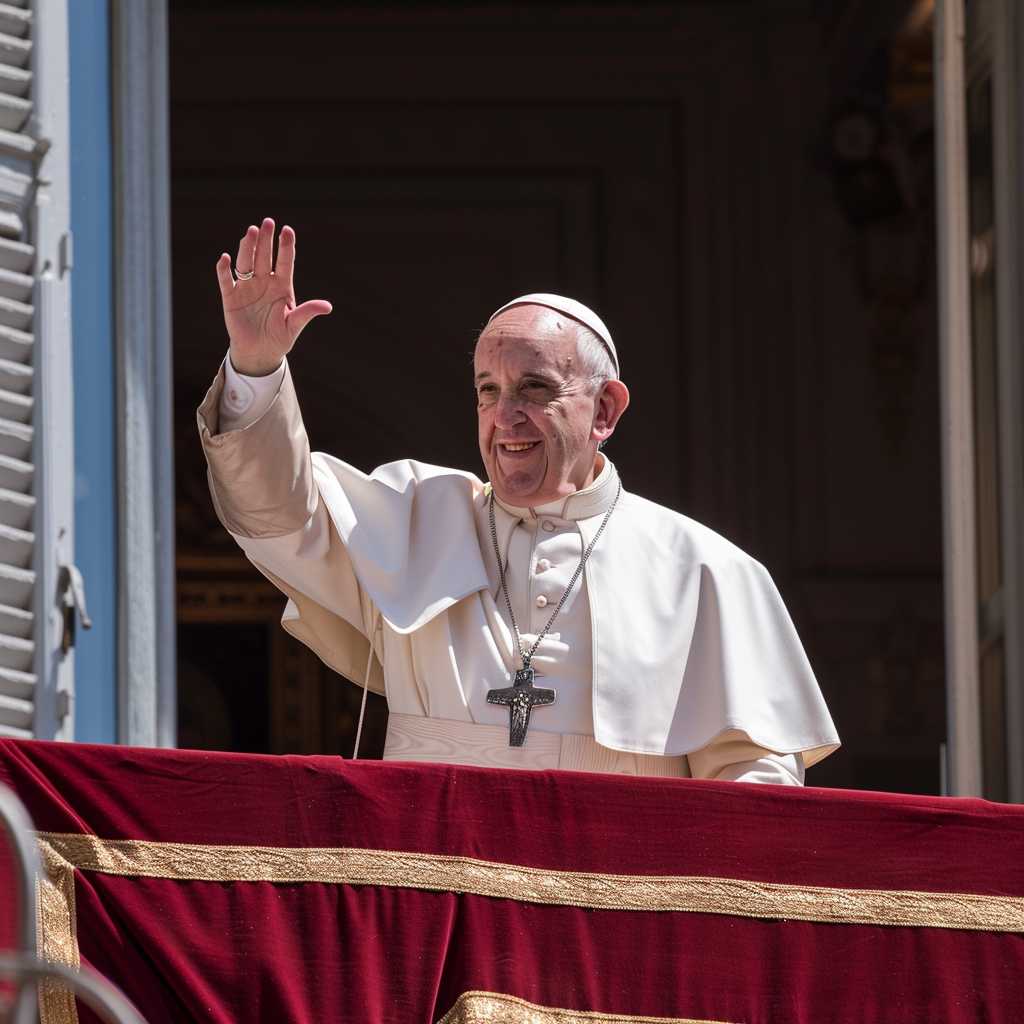The Life and Papacy of Pope Francis: A Comprehensive Overview
Pope Francis, head of the Catholic Church and sovereign of the Vatican City State, has been a significant religious figure since his appointment in 2013. As the first pope from the Americas and the Southern Hemisphere, he has brought a fresh perspective to the papacy. This article explores his early life, significant moments in his papacy, reforms, public perception, challenges he faces, and his global impact.
Early Life and Spiritual Journey of Jorge Mario Bergoglio
Born on December 17, 1936, in Buenos Aires, Argentina, Jorge Mario Bergoglio is the son of Italian immigrants. He had a humble beginning, which is often reflected in his papal style and concern for the poor. Bergoglio pursued chemical engineering before joining the seminary, reflecting a love for science alongside his deepening religious convictions.
Ordained a priest in 1969 within the Society of Jesus (Jesuits), he became known for his pastoral work and his dedication to education and the promotion of social justice. In 1998 he was appointed Archbishop of Buenos Aires, navigating the church through Argentina’s economic crisis, marked by his acknowledgment of the church’s failure to protect people during the Dirty War.
Appointed cardinal in 2001 by Pope John Paul II, Bergoglio became known for modesty and doctrinal conservatism, combined with a commitment to social outreach. His reputation for personal simplicity and a focus on poverty earned him respect both within and outside the church.
Bergoglio’s Election to the Papacy
On March 13, 2013, following the resignation of Pope Benedict XVI, Cardinal Bergoglio was elected as the 266th Pope. He chose the papal name Francis in honor of Saint Francis of Assisi, reflecting a desire for a church of the poor. This was seen as heralding a new emphasis on simplicity and social justice within the Vatican’s hierarchy.
Reforms and Key Initiatives of Pope Francis
Pope Francis has initiated numerous reforms aimed at both spiritual renewal within the Catholic Church and administrative changes within its governing apparatus. Concerned with issues like climate change, poverty, and migration, he has encouraged global leaders to prioritize policies that protect the environment and human dignity.
In terms of pastoral care, Francis has attempted to shift church rhetoric towards mercy and compassion, including the landmark Amoris Laetitia that urged pastors to be more inclusive towards divorced individuals re-marrying or living in non-traditional unions.
Administratively, Pope Francis has addressed corruption and inflexibility within the Vatican bureaucracy (known as the Roman Curia), promoting financial transparency and accountability. He has also reformed processes within the annulments’ issuance and tackled cases of sexual abuses by clerics more forcefully than some predecessors.
Convening extraordinary synods on hot-button topics like family life and Amazonia showcases his eagerness for broad consultations with global Catholic leaders.
Public Perception and Influence
Pope Francis has enjoyed high levels of popularity due to his humble demeanour and public stance on various issues. With a powerful presence on social media, he reaches billions worldwide, not just Catholics. His encyclical Laudato si’ tackles environmental concerns from a spiritual perspective reiterating his influence on global ethical discussions.
However, resistance within traditionalist factions of the Church demonstrates that changes under his guidance remain contentious for some.
Challenges Facing Pope Francis
The pontificate of Pope Francis has not been without its challenges. Internally, he faces resistance from conservatives over his relatively progressive stances on social issues. The sexual abuse crisis continues to undermine the Church’s moral authority globally – demands for accountability and reformation grow ever stronger under his governance.
Externally, the rise of secularism and religious unaffiliation poses challenges to Church growth and retention. Economic inequality and climate change are significant issues that he has pointed out require more than spiritual answers – advocating for policy changes while facing critics who argue that religious leaders should refrain from political commentary.
Notes
Image Description
An image showing Pope Francis clad in white papal attire standing at a balcony with St. Peter’s Basilica visible in the background. He is waving to a crowd gathered below while exhibiting a warm smile indicative of his famed personable nature toward the faithful.
